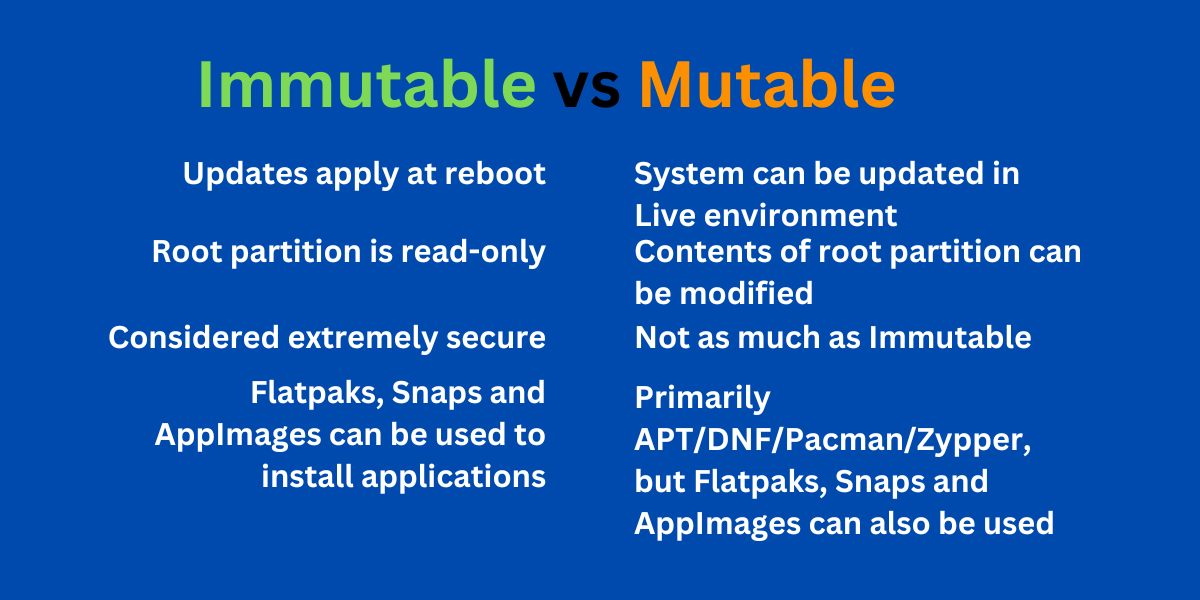this post was submitted on 13 Jan 2025
347 points (93.9% liked)
Linux
49150 readers
1128 users here now
From Wikipedia, the free encyclopedia
Linux is a family of open source Unix-like operating systems based on the Linux kernel, an operating system kernel first released on September 17, 1991 by Linus Torvalds. Linux is typically packaged in a Linux distribution (or distro for short).
Distributions include the Linux kernel and supporting system software and libraries, many of which are provided by the GNU Project. Many Linux distributions use the word "Linux" in their name, but the Free Software Foundation uses the name GNU/Linux to emphasize the importance of GNU software, causing some controversy.
Rules
- Posts must be relevant to operating systems running the Linux kernel. GNU/Linux or otherwise.
- No misinformation
- No NSFW content
- No hate speech, bigotry, etc
Related Communities
Community icon by Alpár-Etele Méder, licensed under CC BY 3.0
founded 5 years ago
MODERATORS
you are viewing a single comment's thread
view the rest of the comments
view the rest of the comments

nixos and guix are immutable and two of the only immutable distros I like
The store is immutable but the system itself definitely isn't.
Packages in nix are in the store directory, each package in a dir named after the package hash. So you can have 15 versions of firefox installed, for instance, and the different versions go in different folders with different hashnames.
When it's time to set up a user env, their specific version of firefox is (conceptually) symlinked into the users profile. When that user executes firefox it gets one out of the 15 versions. Another user may get a different one.
Anyway, the package store is off limits to users, and a real bad idea to modify for root too.
That's not what sandboxed means and Nix isn't sandboxed.
Sandboxed means it runs in a separate container, often with limited permissions; raising security at the cost of performance.
What namespace are you talking about?